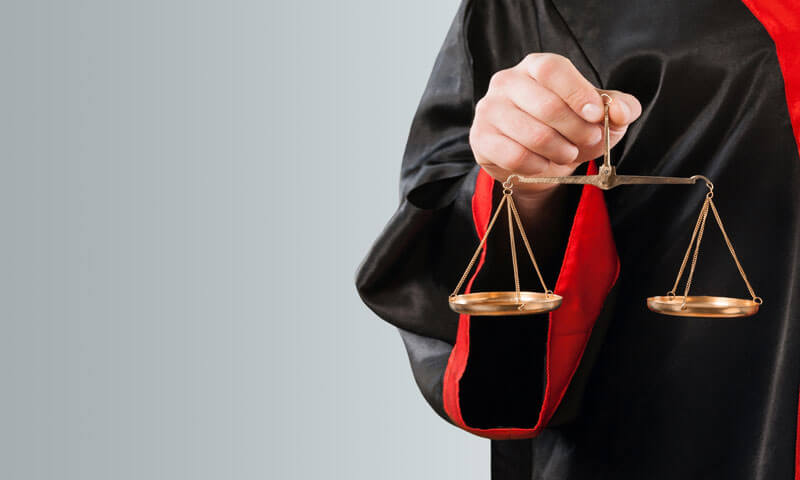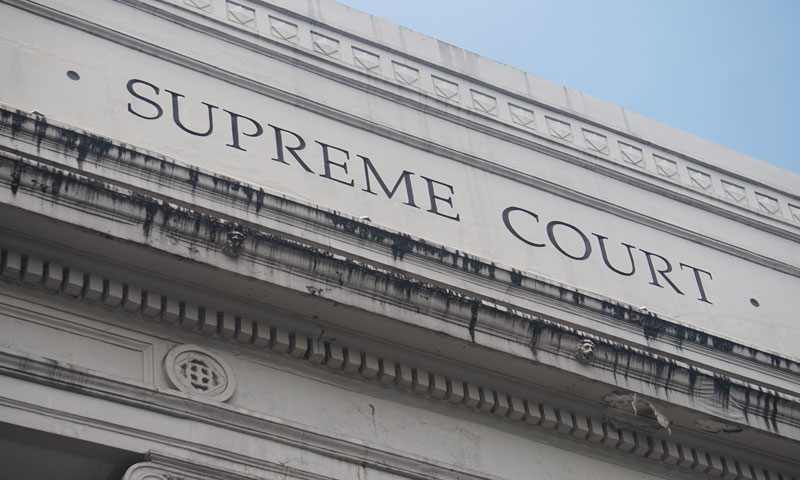
Lawsuits over mergers are not uncommon and when Harleysville decided to sell its business to the Nationwide Mutual Insurance Co, a lawsuit could have been expected, but not what happened in this case.
Policyholders of the Harleysville’s parent company started its hearing on Thursday in the Court of Common Pleas in Philadelphia alleging that the deal was a gift to shareholders at their expense. Some other shareholders are on to a separate lawsuit in the Court of Chancery in Delaware being aggrieved that the company is selling for too low a price.
Being speechless, the spokesman of Harleysville Group failed to return requests for comment by the media.
The lawsuits are the result of the corporate structure of Harleysville where policyholders of Harleysville Mutual Insurance Co own 53.4% of the Nasdaq-listed Harleysville group.
In September, Harleysville agreed to a deal where the Harleysville Mutual Insurance Co would be merging with Nationwide Insurance and the same company would then also buy the Harleysville Group for $840 million.
The result was that while shareholders of Harleysville Group were set to receive a 90 percent premium, policyholders in the parent company received almost nothing except the promise of a stronger company. The policyholders have accused the deal being biased towards shareholders leaving the directors who approved the deal personally richer by $41.6 million. The policyholders have also alleged that effectively Harleysville diverted $300 million belonging to the policyholders by not requiring Nationwide to buy the majority shares, but only the minority shares.
The complaint by the policyholders mention: “Analysis of an investment banker advising Harleysville indicated that the $60 per share payment to Group’s shareholders was far in excess of fair value.”
At the same time the lawsuit brought by shareholders in Delaware allege the company of accepting a “unfair and grossly inadequate” takeover bid, considering the strong prospects it is offering in the merger.






































